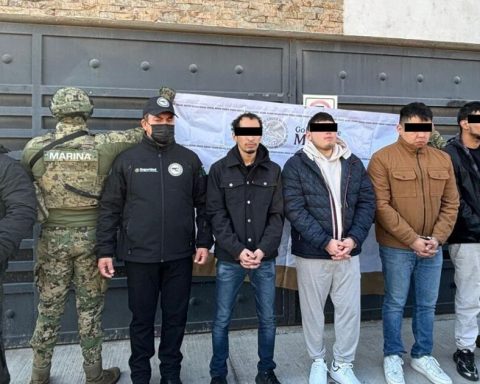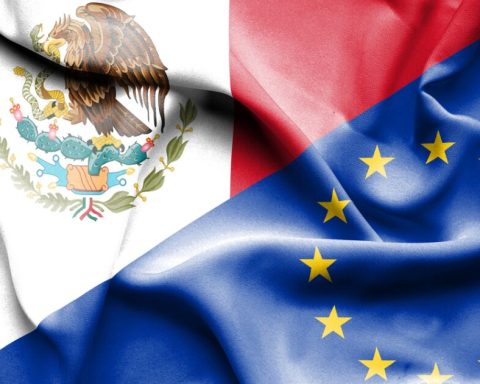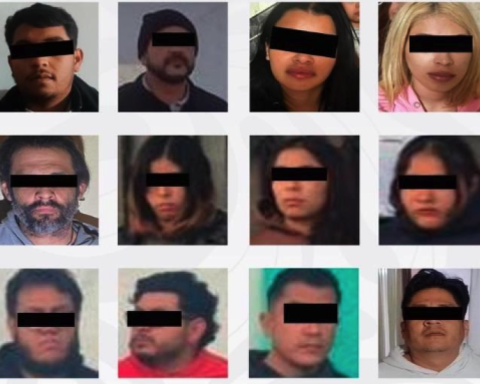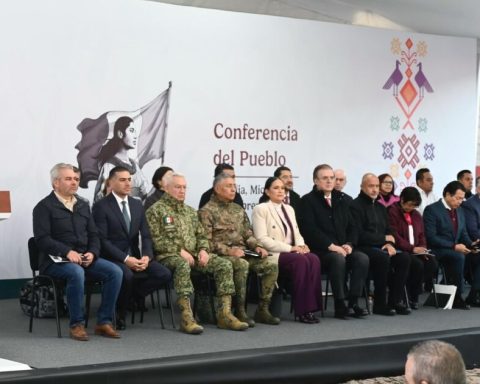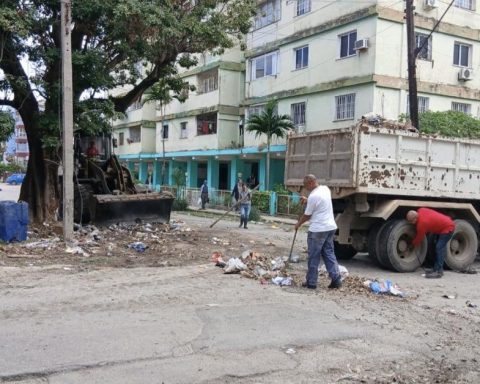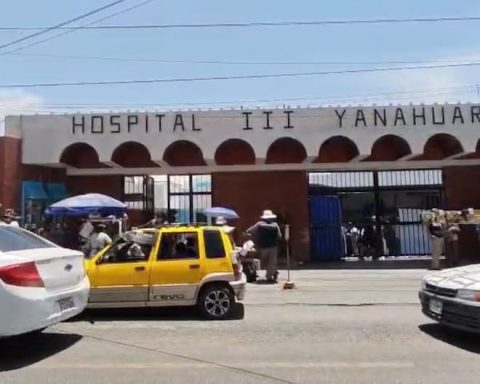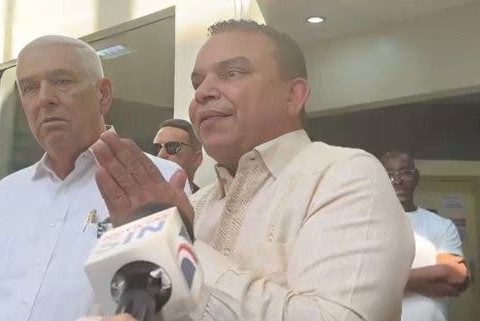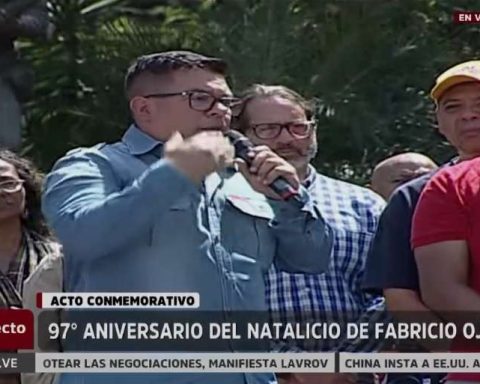No one can be surprised by the intention to promote such an announced electoral reform. Once the LXV Legislature was installed, which began its work in September 2021, the range of ordinary commissions in the Chamber of Deputies was expanded from 46 to 51. Among them, the Political-Electoral Reform Commission was created, with the clear objective of receiving, at some point, the president’s proposal.
Until July 22 of this year, the commission had been referred to 67 initiatives, of which it had only approved three, with 63 pending, that is, 94%. Clearly it is not one of the most important commissions or of the most interest to legislators.
In the current Legislature (2021-2024), 2,562 initiatives have been presented, of which only 152 have been approved, which represents a success rate of 5.93%. But there is one thing to note: the probability that an initiative will be approved for a legislator from the PAN or the PRI is greater than for one from Morena. While for the president’s party the success rate is 5.44%, for the PRI it is 7.27% and for the PAN it is 6.66%. More negotiation than subjugation, at least that is what the figures at the moment suggest.
The raw material for discussion during the forums is made up of 42 initiatives: 18 proposals by legislators from Morena, seven from the PAN, six from Movimiento Ciudadano, five from the PRI, three from the PT, one from the Congress of Aguascalientes and one backed by deputies from various parties. Although of course the president’s initiative, dated April 28, 2022, is at the center of the discussions.
It is proposed to reform 18 articles of the Political Constitution, which means that a qualified majority is required in both legislative chambers, something that Morena does not have: it has precisely 200 deputies, 40% of the lower house. Its allies, the Green and Labor Party, contribute only 8% and 7.2%, for a total of 55.2%: absolute majority, but not qualified (66.6%).
Morena is the party that has made the calls to approve the reform. Legislators from that party have already held 26 informative district assemblies and plan to reach up to 400, a number greater than the 380 they achieved around the discussion of the electricity reform.
It should be classified as something unusual. Usually it is from the opposition that this type of legal transformation is promoted, with the purpose of defending or expanding their positions. It is now those who hold power who are warning about possible authoritarian regressions.
It is noteworthy that rebukes are made “for the defense of freedoms and democracy” placing the INE as the adversary. As a result of this institute ordering public servants and Morenoist legislators not to carry out proselytizing events such as those of June 12 and 26 in the State of Mexico and Coahuila, governors, federal officials, legislators and leaders of Morena stated: “The fact that prevent us from participating, convening and organizing public events and information assemblies of Morena, evidences an inadmissible bias and confirms the urgent need to promote an Electoral Reform that guarantees a full democracy and avoids any authoritarian regression in Mexico.

